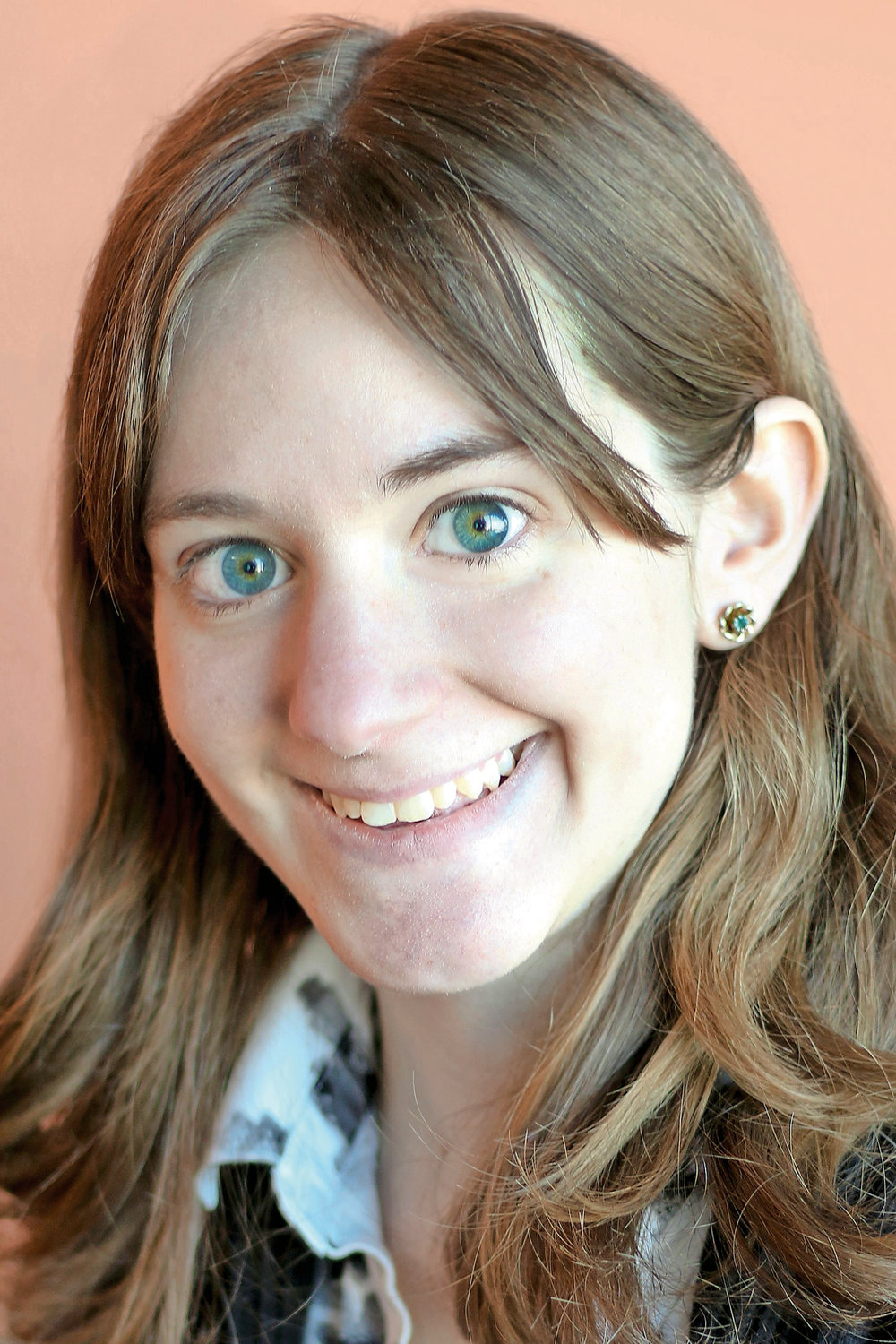Pretending I was OK after the Pittsburgh shooting
For the first few days after 11 Jewish Americans were murdered in Pittsburgh solely for practicing their religion, I was depressed and I was afraid.
I grew up on Long Island thinking I wouldn’t have to face anti-Semitism. I thought it was a thing of the past, and even if anti-Semitic attacks occurred in the Midwest or the South, I’d be safe in the Northeast, where there are large Jewish populations.
Even when two men were videoed spray-painting a swastika at my local Target on Oct. 9, I didn’t think much of it. I figured they were just teenagers pulling a stupid prank. Then I saw the news on Oct. 27, and I no longer thought the threat was benign.
Nearly 50,000 Jews live in Pittsburgh, and an estimated one-fifth of the Squirrel Hill neighborhood’s population is Jewish. If an attack could happen there, I figured, it could happen anywhere.
And it has. According to the Anti-Defamation League, anti-Semitic incidents in the U.S. rose by 57 percent in 2017, from 1,267 in 2016 to 1,986. In New York, they rose by 90 percent last year.
My mother, meanwhile, was horrified. The tragedy reminded her of stories she had heard about how the Holocaust began, and she feared that another Holocaust could happen in the country where she was born.
To try to feel better, we attended a vigil at our synagogue in Stony Brook on Oct. 30. The parking lot was filled with cars, including one with a “Keep Christ in Christmas” magnet on its trunk. Inside, we could barely find a place to sit. Every pew was filled with people of a variety of religions and backgrounds who were there to show solidarity with the Jewish people. With the exception of the High Holidays, I don’t think I’ve ever seen the synagogue that crowded.
We sang songs of peace, prayed for the survivors and remembered the victims. For the first time in several days, I realized that my mom and I weren’t the only ones feeling afraid.
The rabbi told us that the Pittsburgh shooter represented the worst of America, but everyone gathered in that sanctuary represented the best of America. We said a prayer not only for those 11 victims, but also for the two black people who were killed while shopping at a Kroger supermarket in Kentucky on Oct. 26 and for the nine victims of the Emanuel African Methodist Episcopal Church shooting in Charleston, S.C., in June 2015.
According to the Associated Press, there have been more than a dozen fatal shootings at houses of worship since 2012 — attacks on blacks, Jews and Sikhs. Some of them were domestic in nature, but others, like Tree of Life, Charleston and a shooting at a Sikh temple in Wisconsin in August 2012, were motivated by hate.
Those shooters didn’t see their victims as average Americans just trying to live their best lives; they saw them as something different. In Pittsburgh, Robert Bowers claimed that the Hebrew Immigrant Aid Society was helping transport members of the migrant caravan from Central America, and that Jews were helping asylum seekers kill white people in the United States. In South Carolina and Wisconsin, the shooters were white supremacists, and the Sikh temple shooter, Wade Michael Page, allegedly said, “The whole system was set up against whites,” according to National Public Radio.
That’s the kind of rhetoric neo-Nazis used last year when they marched through Charlottesville, Va. I remember one white supremacist who was quoted as saying that he wanted a president who was more racist, and who wouldn’t allow a beautiful white girl to marry a Jew. I looked down at my skin and wondered what I was. I thought I was white — I’m certainly not black or brown, and even if I were, would that make me any different from anyone else?
No. I’d still be a millennial girl trying to make a career for myself, like most people my age.
You see, we’re all the same, whether we’re black or white, Christian or Jewish, Sikh or Muslim, and whenever one of us, or a group of us, is under attack, we’re all under attack. So whenever we see someone post about how a certain group is dangerous, we need to once again stand together and denounce such rhetoric. Maybe then these racists won’t feel empowered to commit such heinous crimes.
Melissa Koenig is a reporter for the Lynbrook-East Rockaway and Valley Stream Heralds. Comments about this column? Mkoenig@liherald.com.






